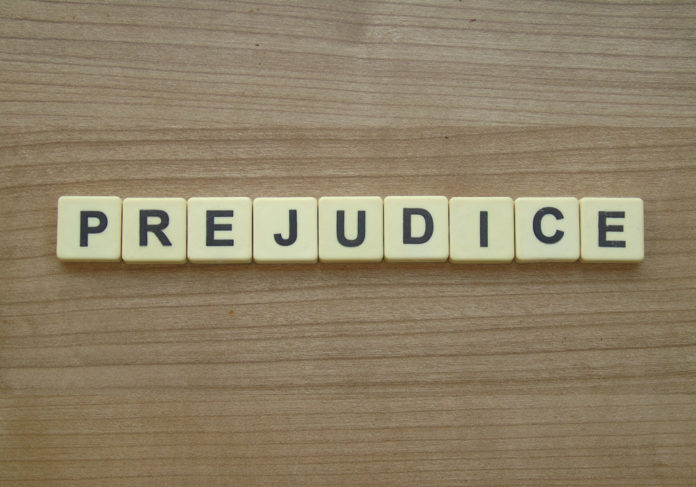Protest challenging offeror’s exclusion from the competition is denied. The agency found that the protester’s proposal was not rated high enough to move on to Phase 2 of a two-phase competition. The protester argued that the agency erred in assigning weaknesses to its proposal. But the court found that the agency had reasonably assigned the weaknesses. Moreover, even if the weaknesses were not warranted, the protester still did not have enough strengths to move on to Phase 2 and was thus unable to demonstrate prejudice.
U.S. Citizenship and Immigration Services (USCIS) issued an RFQ seeking to modernize its Enterprise Service Bus and to develop a cloud-based system through Amazon Web Services. The RFQ provided that the agency would conduct a two-phase evaluation process. In Phase 1, offerors would submit a technical strategy video and business volume. In the videos, offeror were required to respond to five questions. Offerors with the highest rated video and a fair and reasonable price would move on to Phase 2.
Twenty one offerors, including Computer World Services (CWS), submitted Phase 1 proposals. USCIS selected five offerors for Phase 2. The agency did not select CWS due to five weaknesses in its proposal. CWS filed a protest with GAO challenging its exclusion from the competition. GAO denied the protest, and CWS then filed a protest with the Court of Federal Claims. By the time CWS filed the COFC protest, USCIS had awarded the contract to Alethix, Inc., which intervened in the protest. The government moved to dismiss the protest for lack of subject matter jurisdiction, and all the parties moved for judgment on the administrative record.
The court first addressed the government’s motion to dismiss. Citing Blue & Gold Fleet, L.P. v. United States, 492 F.3d 1308 (Fed. Cir. 2007) and COMINT Systems Corp. v. United States, 700 F.3d 1377 (Fed. Cir. 2012), the government argued that CWS had waived its challenge to the evaluation because it had filed the protest after USCIS made award to Alethix.
The court rejected the government’s argument, reasoning that Blue & Goldand COMINT stand for the proposition that a protester waives a challenge to the terms of a solicitation if the protest is filed after award. In this case, CWS did not challenge the terms of the solicitation; rather, it challenged the evaluation. Blue & Gold’s waiver rule did not apply.
As to the merits of the protest, the court noted at the outset that CWS could not demonstrate prejudice. Its proposal had received a technical rating significantly lower than the offerors that were selected for Phase 2. Additionally, regardless of the weaknesses assigned to its proposal, CWS had received significantly fewer strengths than offerors that advanced to Phase 2. Even if USCIS had improperly assigned weaknesses to CWS, the company was still not in line to move on to Phase 2.
CWS challenged each of the weaknesses assigned to its proposal, but to no avail. CWS objected to a weakness it received for not stating that it would work on several services in parallel during performance. The court concurred with this finding, noting that CWS had proposed to first tackle the Person Centric Query System and did not state that it would work on other services while working on that system.
CWS objected to another weakness, alleging that USCIS had assigned the weakness based on criteria that should have only been used during the Phase 2 evaluation. But the court found that USCIS had not assigned this weakness based on Phase 2 criteria. Rather, CWS had received the weakness due to a lack of detail.
CWS further challenged two weaknesses it had received for its response to a question concerning how it planned to keep the legacy system operational while transitioning to a new microservice based environment. The court found these weaknesses were warranted because CWS (1) did not mention the software used in the legacy environment, and (2) did not propose to migrate all legacy services to Amazon Web Services as required by the RFQ.
CWS also objected to a weakness it received for not demonstrating that it could recruit qualified staff. CWS argued that as the incumbent on a similar contract for USCIS, it had demonstrated that it could recruit staff. The court, however, found that other contract differed in material ways from the effort contemplated by the RFQ and thus was not a good barometer of CWS’s recruiting abilities.
Finally, CWS argued should have received additional strengths for its experience as an incumbent on a related contract, for having expert staff on hand, and for front-loading the effort. The court found that CWS had effectively received a strengths for its existing knowledge as an incumbent. As to the purported staffing strengths, the court found that CWS did not address those strengths in its proposal.
CWS is represented by Jonathan J. Frankel and Karla J. Letsche of Frankel PLLC. The intervenor, Alethix, LLC, is represented by Jonathan M. Baker, Eric M. Ransom, Zachary H. Schroeder, and Tyler S. Brown of Crowell & Moring. The government is represented by Meen Geu Oh, Douglas K. Mickle, Robert E. Kirschman, Jr., and Joseph H. Hunt of the U.S. Department of Justice as well as John E. Cornell of U.S. Citizenship and Immigration Services.




